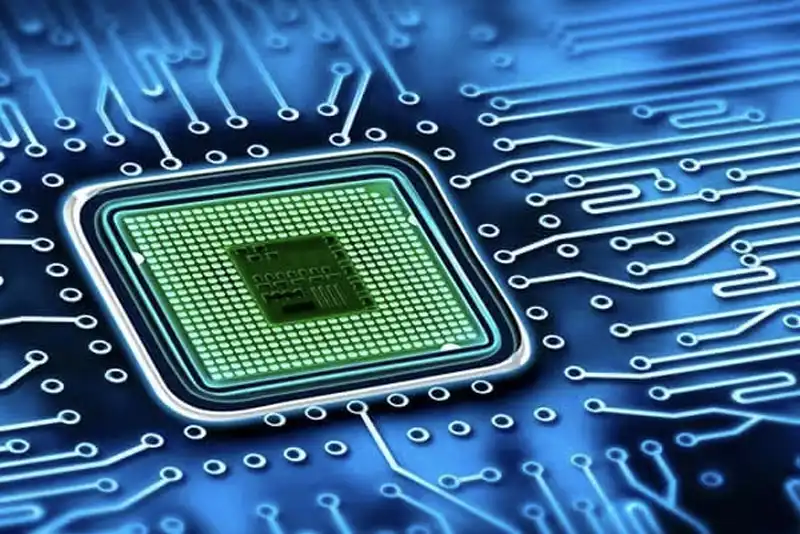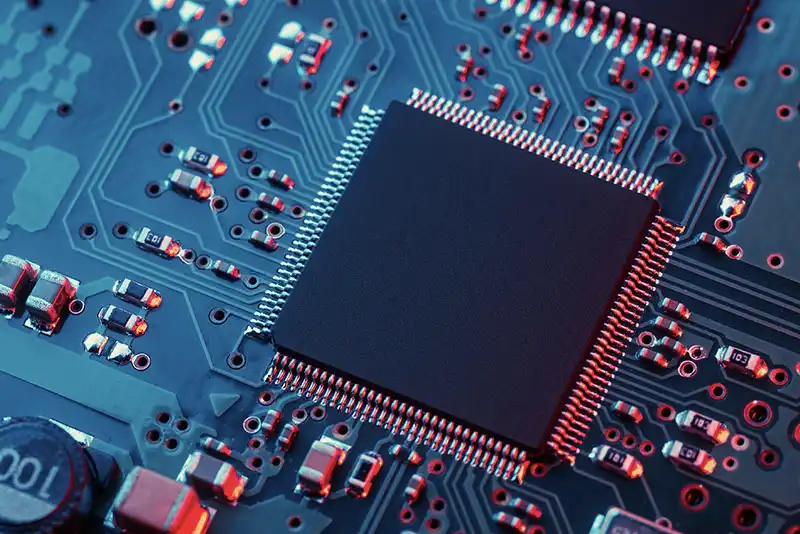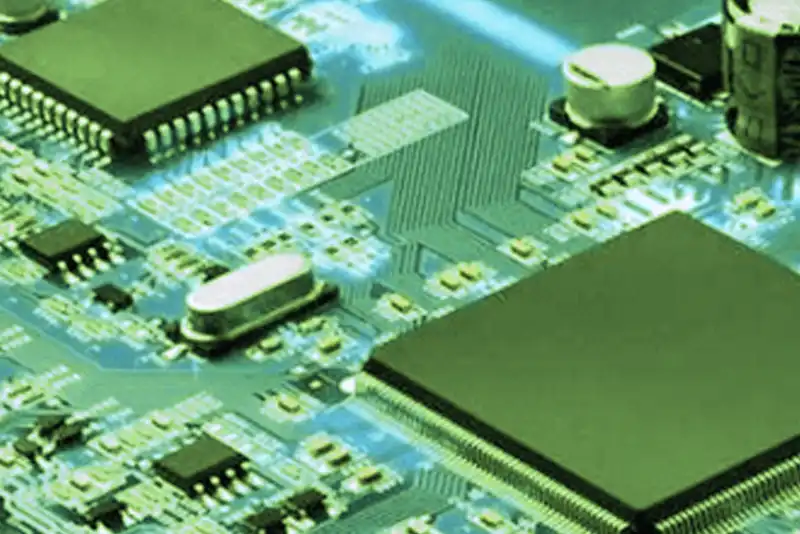Integrated Circuit Systems
Integrated Circuit Systems (ICS) refer to the interconnected network of integrated circuits (ICs) that work together to perform specific functions within electronic devices and systems.
Integrated Circuits and Systems
Integrated circuit systems include a wide range of components and functionalities that work together to perform specific tasks within electronic devices. Here are some common components and aspects typically found in integrated circuit systems:

These are central processing units (CPUs) that execute instructions and process data in computers, smartphones, and embedded systems. They integrate arithmetic logic units (ALUs), registers, and control units on a single chip.

Integrated circuits designed to store data temporarily (RAM – Random Access Memory) or permanently (ROM – Read-Only Memory, flash memory) within electronic devices.

ICs that regulate and distribute power within electronic devices, ensuring stable operation and efficient power usage.
Benefits of Integrated Circuits and Systems
Integrated Circuit Systems (ICS) refer to the interconnected network of integrated circuits (ICs) that work together to perform specific functions within electronic devices and systems. These systems are integral to modern technology and encompass a wide range of applications across various industries.
Functionality: Integrated Circuit Systems are designed to perform specific tasks or functions within electronic devices. This can range from processing and storing data in computers and smartphones to controlling power and signal processing in automotive electronics.
Interconnection: ICs within an Integrated Circuit System are interconnected through circuit pathways, typically on a printed circuit board (PCB) or within a semiconductor chip itself. These connections allow for the transfer of signals, data, and power between different components within the system.
Diversity of Applications: Integrated Circuit Systems find applications in almost every aspect of modern life. They are used in telecommunications for transmitting and receiving signals, in consumer electronics for processing audio and video, in medical devices for monitoring and diagnostics, in industrial automation for control systems, and in automotive systems for engine management and driver assistance.
Complexity and Integration: As technology advances, Integrated Circuit Systems have become increasingly complex and integrated. Modern systems often include multiple ICs working together in harmony to achieve a specific function. This integration allows for greater functionality, reduced size, and improved efficiency of electronic devices.
Reliability and Design Considerations: Designing reliable Integrated Circuit Systems involves considerations such as signal integrity, thermal management, power consumption, and electromagnetic interference (EMI). Engineers strive to optimize these factors to ensure the performance and longevity of the systems.
Advancements and Future Trends: The field of Integrated Circuit Systems continues to evolve with advancements in semiconductor technology, including the development of smaller transistors, improved materials, and novel manufacturing techniques like 3D integration and advanced packaging. Future trends include the integration of AI and machine learning capabilities directly into ICs, as well as the proliferation of IoT (Internet of Things) devices that rely heavily on integrated circuits for connectivity and intelligence.